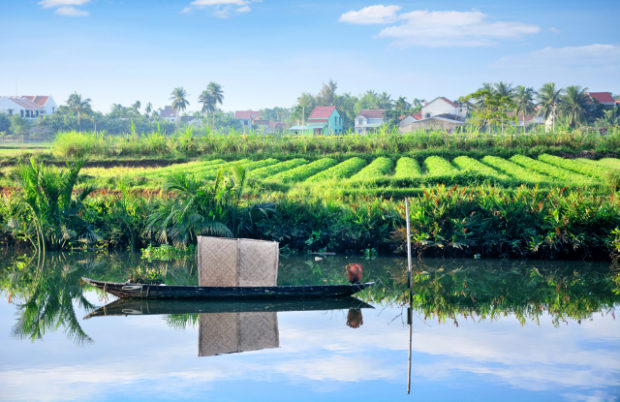Vietnam wants to help travelers plan a more eco-friendly trip

Vietnam is looking to boost sustainable tourism. Image: alxpin / Istock.com
Hotels, excursions, tour operators, cruises, shopping… When the Vietnamese borders reopen to foreign travelers, it will be much easier to find the resources to build a trip that respects the environment and local communities, thanks to an online tool available at www.vietnam.travel.
The global health crisis has prompted travelers to reflect on what they want the future of travel to look like, what matters in this realm and specifically how they can continue to escape to various destinations without leading to the deterioration of their environment or culture. Can the answers to these issues be found in more sustainable holiday practices?
Vietnam — which has repeatedly extended its visa exemption for stays of up to 15 days to boost its tourism — appears to be already looking towards the new challenges that await it. Currently closed to foreign nationals, the Southeast Asian country, through its national tourism administration, has joined a Swiss sustainable tourism program. The project takes the form of a digital tool that provides all the right addresses for would-be visitors to be sure they are doing business with tourism professionals who respect local traditions, preserve the Vietnamese environment and support the local economy.
Thousands of tourists flocking to the port of Ha Long to board cruises promising to get as close as possible to the famous splendid bay listed as a UNESCO World Heritage Site is symbolic of a Vietnam that is prey to mass tourism. Between 2016 and 2017 alone, the number of visitors who added this extraordinary panorama to their itinerary increased by 29.1%. In 2019, the country welcomed more than 18 million travelers, an annual increase of 16.2%. The arrival of Asian visitors increased by 19.1% over one year, while the number of European tourists increased by 6.4%. NVG
RELATED STORIES:
Coronavirus forces London tour guides to adapt
United States has the largest number of Airbnb properties implementing anti-COVID-19 protocols